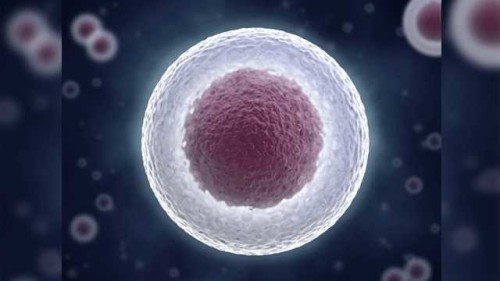Nahráno do alba Květiny — před 1 rok
Congenital hyperinsulinism (CHI) is the most common cause of persistent hypoglycemia in infants, so CHI is also known as persistent hyperinsulinemia hypoglycemia in infants. In 1954, MacQuarriet first introduced infantile idiopathic hypoglycemia Report the disease. CHI is a severe hypoglycemia caused by the continuous inappropriate secretion of insulin by β-cells of the islets. Its clinical features are high insulin-induced hypoglycemia in infancy, often with low ketone body and hypofatty acidemia, and its hypoglycemia is often difficult to correct, leading to neurological complications (especially hypoglycemic encephalopathy), which can cause disability and even lethal. Congenital Hyperinsulinemia https://acroscell.creative-bioarray.com/platform/congenital-hyperinsulinemia.html
Plná velikost obrázku (odkazy pro vložení)
Střední velikost obrázku (odkazy pro vložení)
Miniatura obrázku (odkazy pro vložení)




